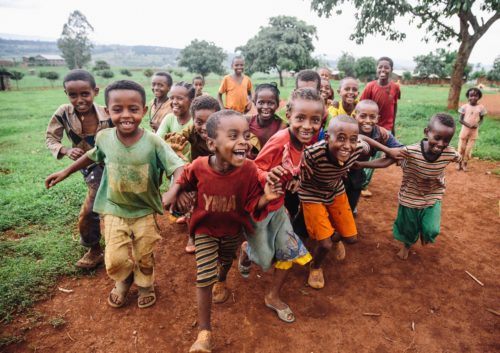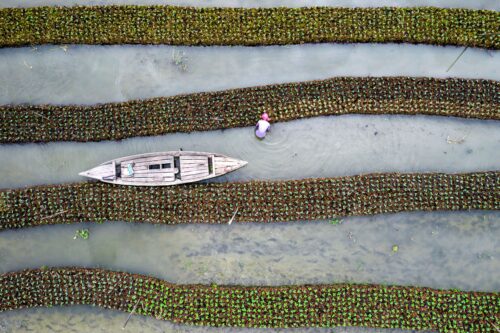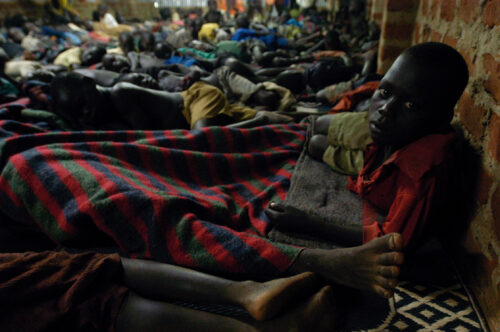When War Moves to Cities: Protection of Civilians in Urban Areas
When warfare takes place in cities, civilians experience direct and indirect harm, from physical violence and injury to disruption of…
When warfare takes place in cities, civilians experience direct and indirect harm, from physical violence and injury to disruption of…

This year’s United Nations Climate Change conference, or the 28th Conference of the Parties (COP28), is the first to include…

This is Part II of “A Hidden Reality,” examining men, boys, and conflict-related sexual violence. Read Part…

Climate change continues to be one of a few main drivers of record levels of displacement and rising humanitarian needs globally. In the face of compounding climate impacts and their evolving effects on humanitarian responses—including impacting supply routes and raising commodity prices—humanitarian actors are considering their role and responsibilities in addressing climate impacts.

Humanitarian actors share a common goal of supporting affected people, often in difficult contexts marred by conflict or environmental disaster.

InterAction, with the support of the International Committee of the Red Cross (ICRC) and the Netherlands Ministry of Foreign Affairs, conducted a simulation of the Risk Sharing Framework in November 2023.
InterAction, with the support of the International Committee of the Red Cross (ICRC) and the Netherlands Ministry of Foreign Affairs, conducted a simulation of the Risk Sharing Framework in November 2023.